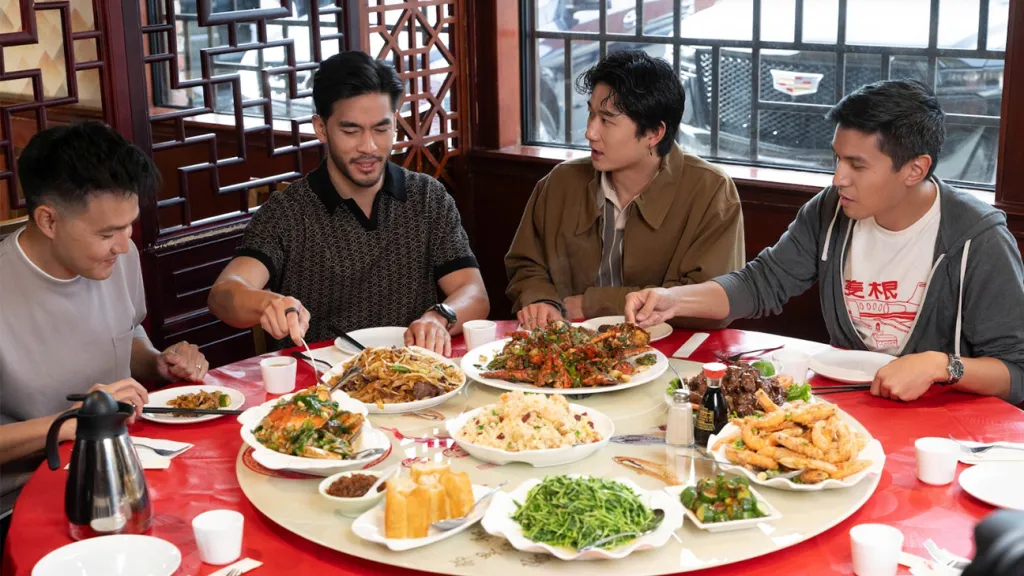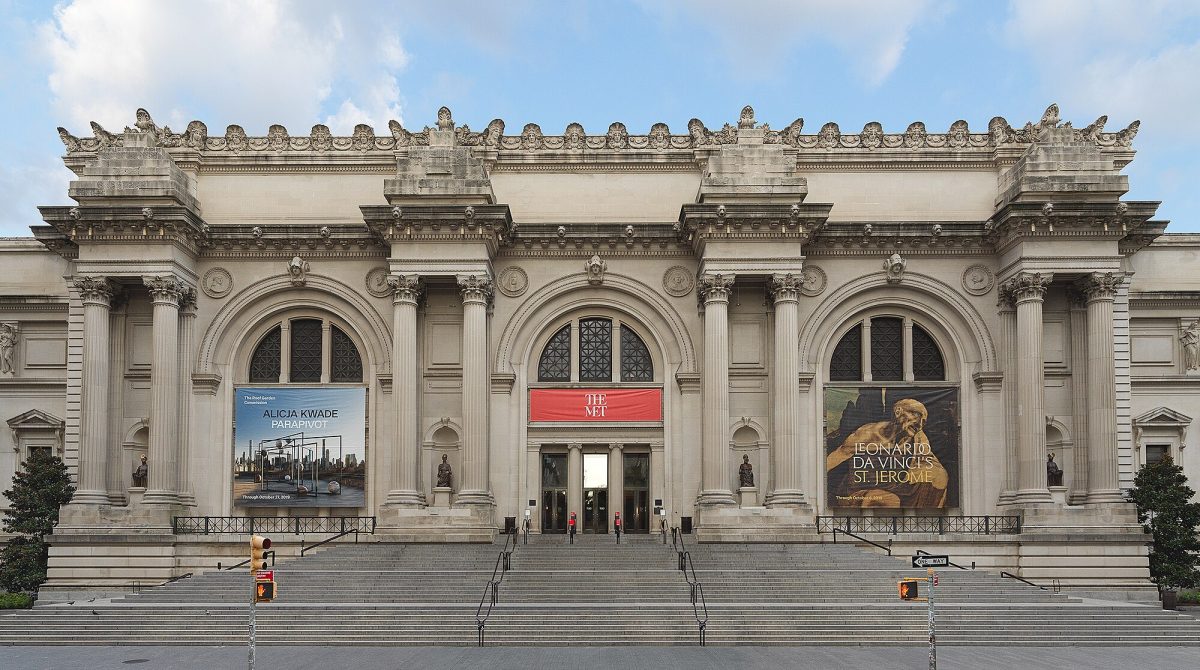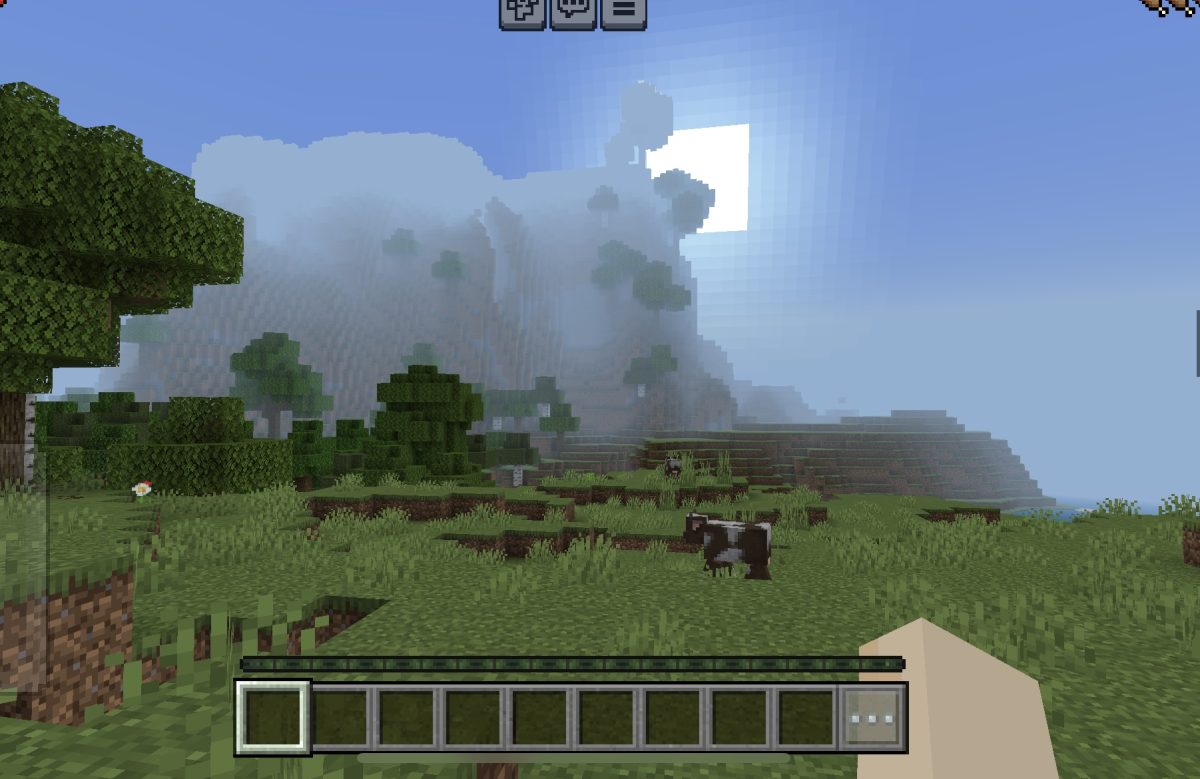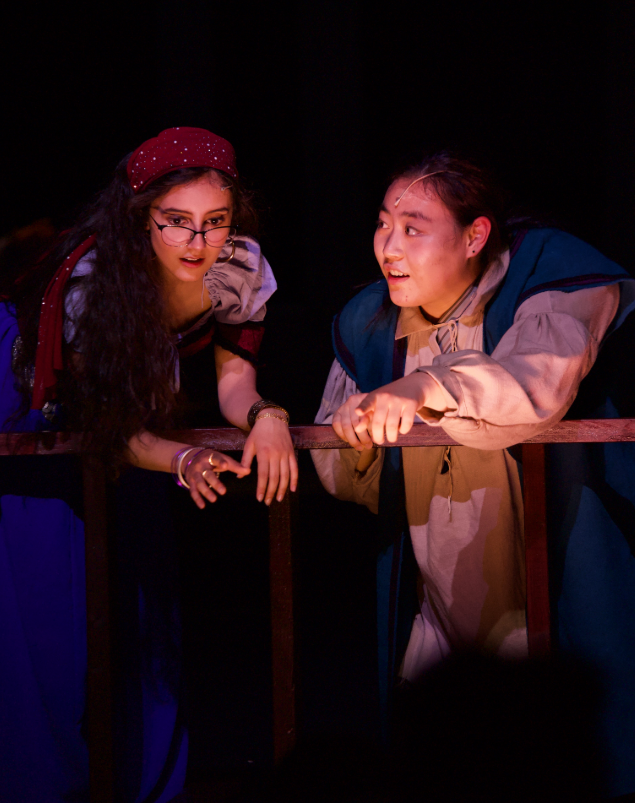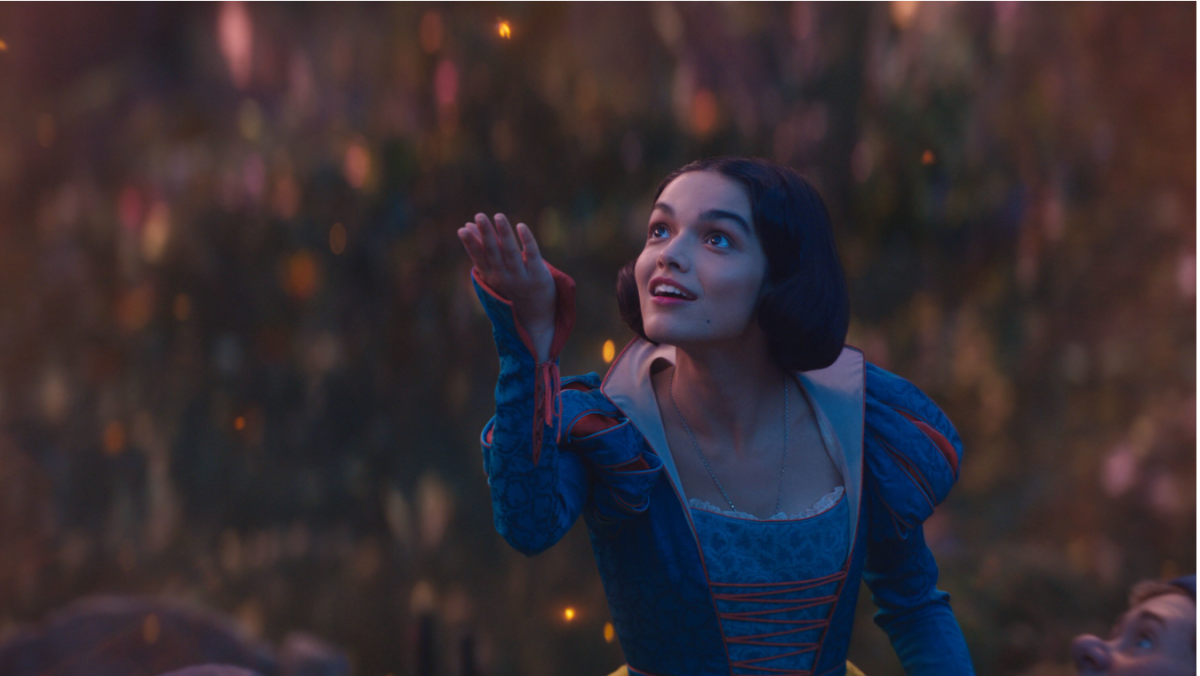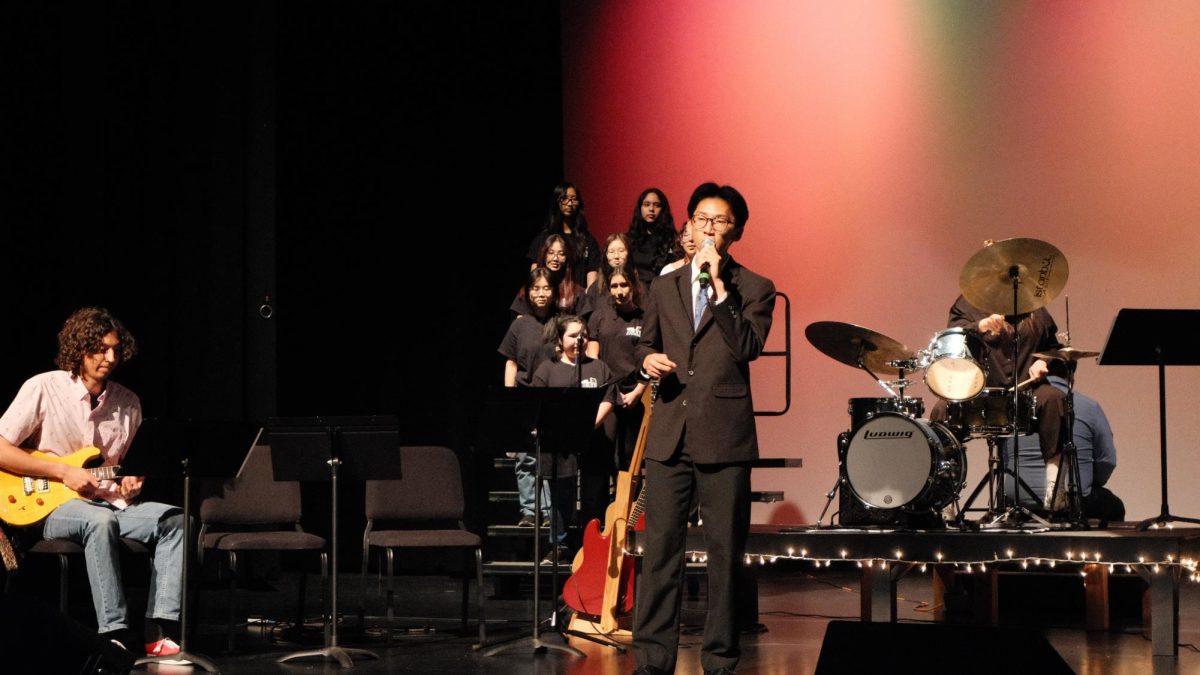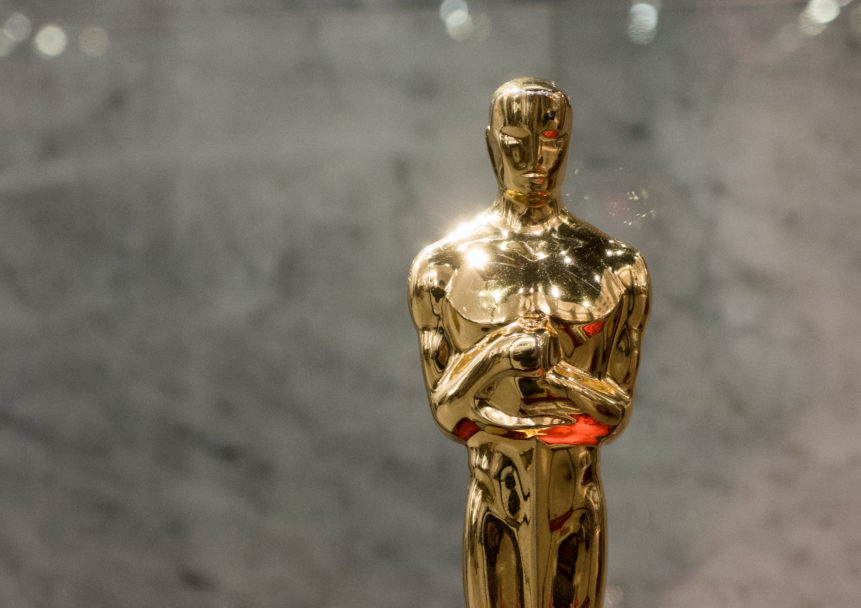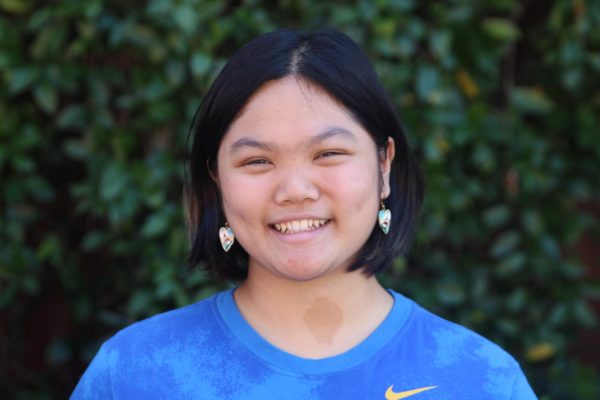In the January issue of the Tongva Times, we published a feature on how Netflix’ “The Brothers Sun” honors Asian American culture and the San Gabriel Valley. While Netflix did not renew the series for a second season, the show’s humor, action, and emotion continues to be a source of cathartic relatability for its thousands of fans. If one person can testify to the show’s significance to the Asian American community and entertainment industry, it is Philip Wang, founder of Wong Fu Productions and Bopomofo Cafe, who did a food crawl interview with the show’s cast. Below is a Tongva Times exclusive interview with Wang.
How did you find out about “The Brothers Sun”, and what was your involvement in it?
I heard about the show when it was first announced like everyone else, just through the news and friends who had been cast in the show! I was so excited and proud to see several actors who worked with Wong Fu Productions in the past now in the lead roles on this major Netflix show.
This show is nearly all-Asian, with a big focus on the Asian-American experience. Can you share some of your background growing up straddling two cultures?
I don’t wanna give my whole life story haha, but I grew up in the San Francisco Bay Area in the 90s/2000s in a predominantly white suburb and school. I was lucky to have a solid group of Asian friends who made me feel comfortable and proud in my own skin and culture, but I also had a lot of exposure to non-Asians because the Bay Area is very diverse. I’m grateful I was able to have both “American” experiences and never felt like I was lesser because of my race or background which allowed me to be unapologetic with my own work at Wong Fu Productions uplifting and highlighting Asian talent and stories.
You are a big champion of the SGV, obviously both your boba shop and productions are based here, what is your connection to the region and why is it special to you?
I moved to the SGV (Alhambra specifically) right after I graduated college (UCSD). I had no idea what the demographic was here to be honest, haha, but I was pleasantly surprised. I loved that I had all the amazing Asian food available to me, and I felt close to my culture. I soon realized there was no other part of LA I wanted to set up roots, so Wong Fu’s first offices were in the 626, and when it came time to open my first cafe, I knew it had to be here as well. I wanted to give something back to the community that gave me so much.
When Hollywood portrays Los Angeles, it’s often like the Hollywood sign, the beach, maybe Chinatown for films with Asians. But this show focuses very specifically and very intentionally on the San Gabriel Valley. You mentioned in the video where you went on a food crawl with the cast of the Brothers Sun that the SGV is so much more than a Chinatown or an Asian neighborhood, why do you think this show chose to highlight this region?
I think it was important to show mainstream audiences that Asians exist outside of just Chinatowns, haha. You’d be surprised but Asians are quite invisible in America, and often people just think we’re in Chinatowns, or Koreatowns, etc. But we’re creating vibrant and close knit communities in other areas, and the 626 specifically has such a unique history. I’m glad that the show is opening awareness to outsiders of what we all have known about for years/decades. I remember when I first moved to the 626, I would even ask other Asians who lived in other parts of LA if they knew about the area and even if they didn’t, I think it’s an overall positive that more people know, we out here!
As an Asian American film-maker who has done comedy, drama, features on Asian American families, what was your perspective on how this show melded all of those genres?
I’m glad that we can have more shows that depict Asians as multifaceted. We’re not just one type of character or personality as we can often be stereotyped. At the end of the day, the more emotions and genres we can show the world, the more we’re seen as human, and that’s the most important factor in being able to succeed and feel safe in this country. That’s probably a super heavy perspective to answer that question, so when it comes to the show, it’s just fun to be able to be seen in many ways and not be boxed in. I hope this show leads to more stories from the 626!
Recently, Asian American movies like Everything, Everywhere, All at Once have been gaining more attention. What is your perspective on what the Brothers Sun’s success means for the future of Asian American film?
We have come so far from just 5 years ago when Crazy Rich Asians came out.. and even further from when Youtube was the only place you could see a lot of Asians on screen. Every show/project/video is an opportunity to take a step forward in normalizing our faces and stories. But recognizing that we have a lot of diversity even within the “Asian” community, it’s more important than ever to push for more shows and representation because no one single show or movie can capture everything Asian Americans have to offer!

